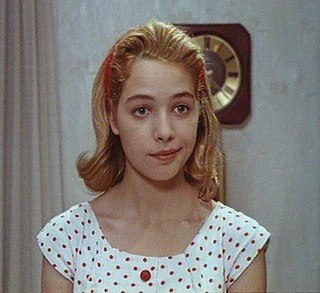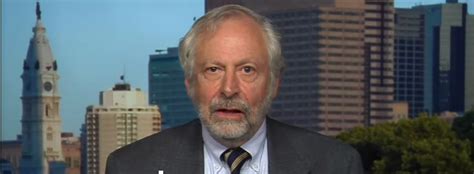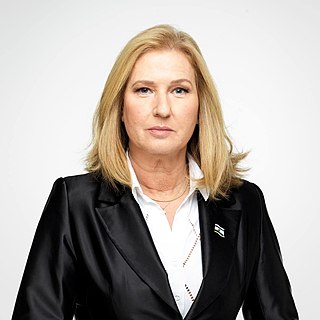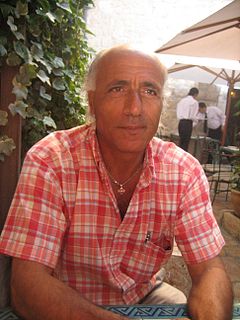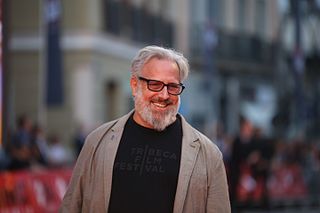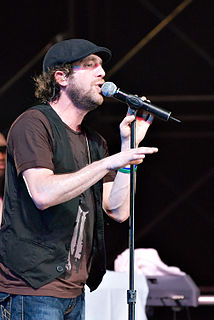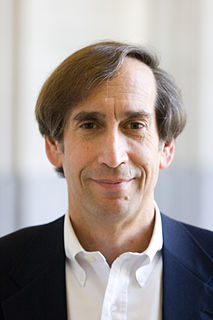A Quote by Mili Avital
I have no sentiments for nationality or for soil. But I grew up in Israel, so those things are in my blood, and I want to be part of Israeli culture.
Related Quotes
I definitely have a strong sense of my Jewish and Israeli identity. I did my two year military service, I was brought up in a very Jewish, Israeli family environment, so of course my heritage is very important to me. I want people to have a good impression of Israel. I don't feel like I'm an ambassador for my country, but I do talk about Israel a lot - I enjoy telling people about where I come from and my religion.
I'm happy that now we reveal something about the true Israel, because, you know, now it's Purim, when all the Jews putting mask. And once, we used to have a liberal mask. The most famous mask now in Israel is the mask of a soldier who murdered in cold blood a wounded prisoner of war. Those are the mask that most of the Israeli kids now are using. So, now, when the mask and the true is the same, maybe it's time for Democrats here to stop supporting Israel, if they care about Jews.
Together, these advocates create a pro-Israeli case so compelling that the idea and reality of Israel has worked itself deep into American culture, politics and foreign policy. Many American Jews refuse to accept it, but the real debate between Israel’s supporters and detractors in America is all but over.
Many teachers of the Sixties generation said "We will steal your children", and they did. A significant part of America has converted to the ideas of the 1960s - hedonism, self-indulgence and consumerism. For half of all Americans today, the Woodstock culture of the Sixties is the culture they grew up with - their traditional culture. For them, Judeo-Christian culture is outside the mainstream now. The counter-culture has become the dominant culture, and the former culture a dissident culture - something that is far out, and 'extreme'.
